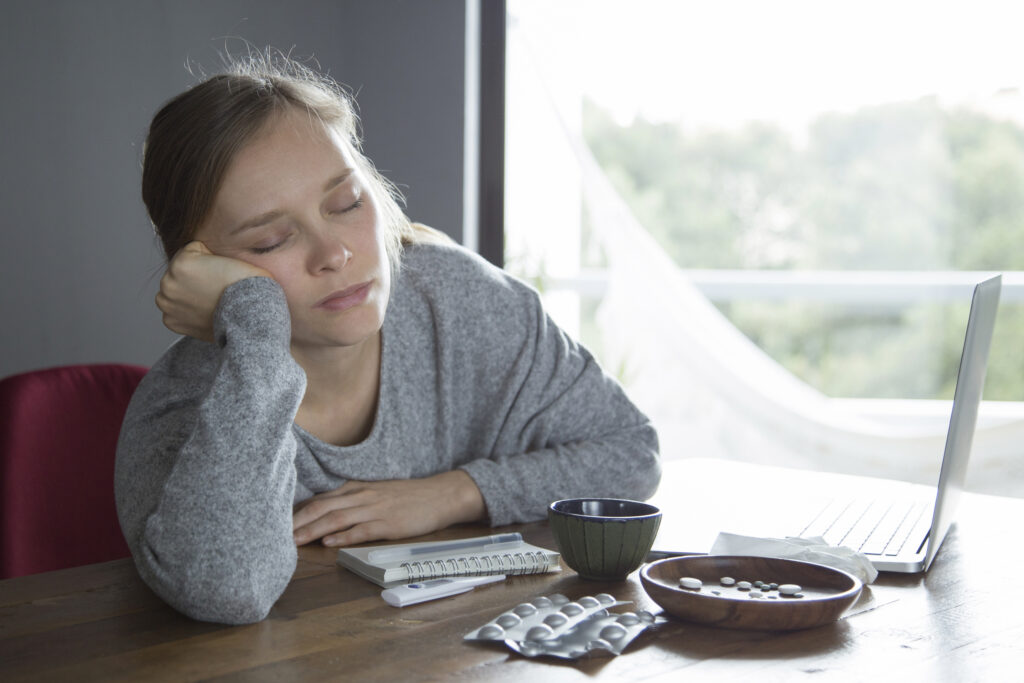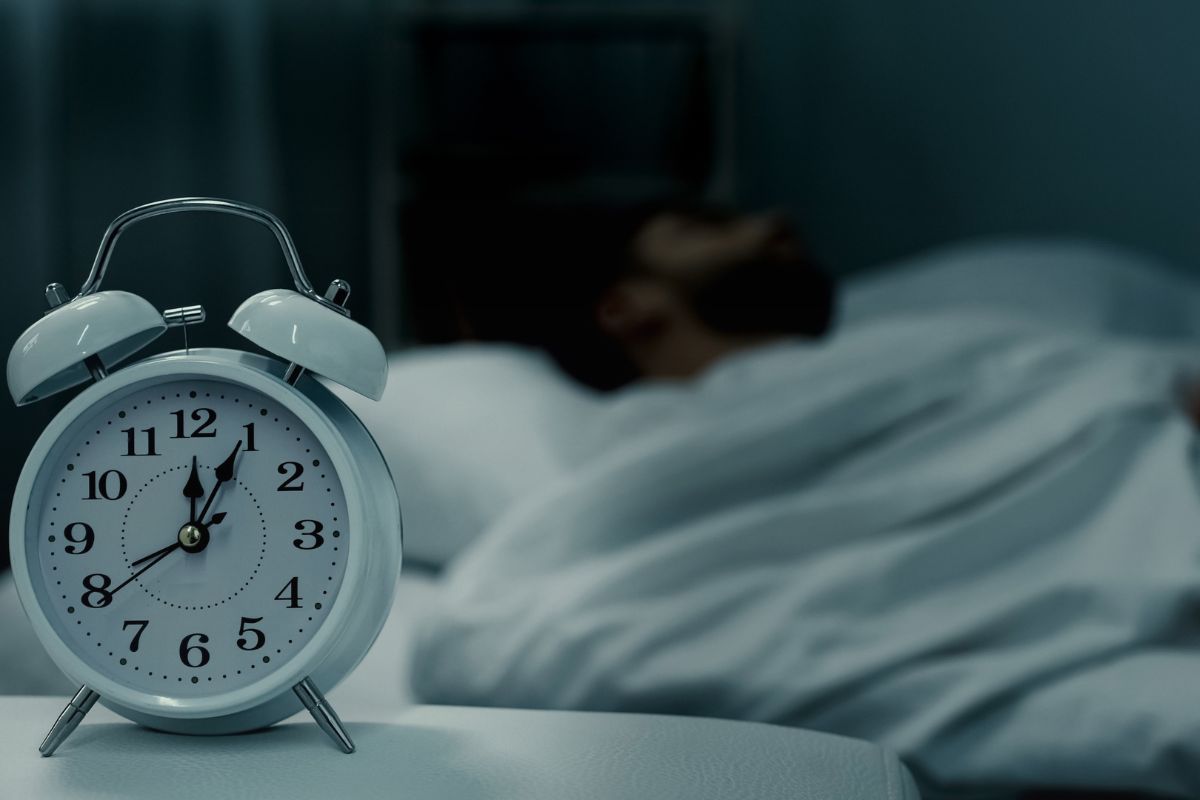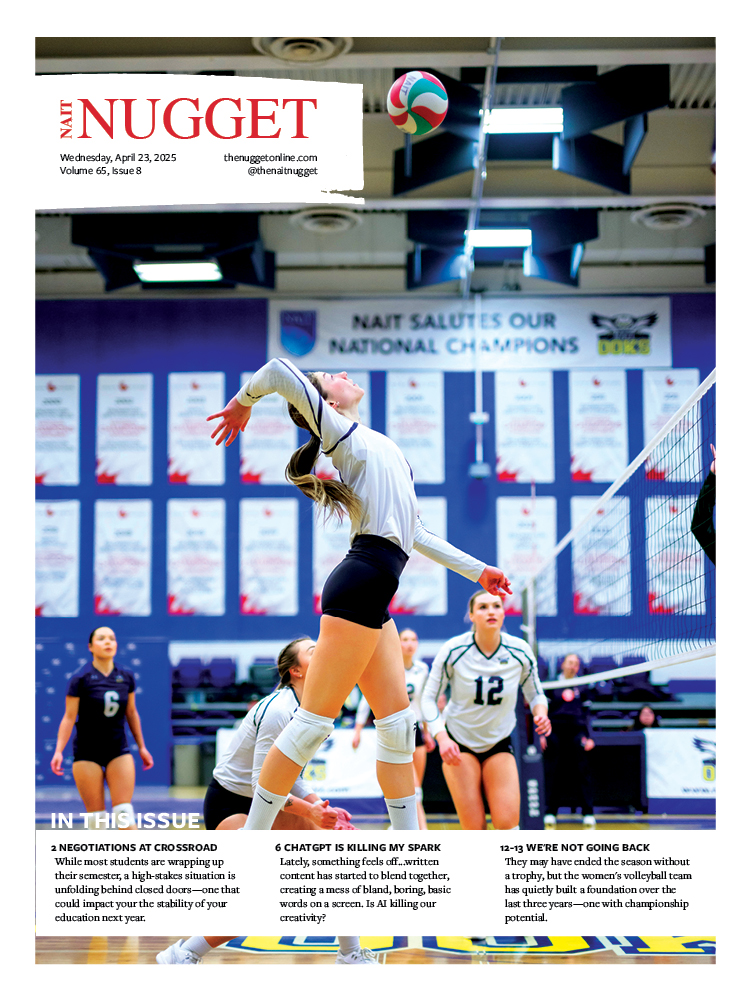Daylight Savings Time (DST) ended on Nov. 3, and we returned to the standard time. Why do we play this charade of DST?
DST is the practice of uniformly moving our clocks one hour ahead in summer months to artificially make the sun set later. Some advocated shifting to DST in summers a long time ago. I think it was World War I that can be credited for those long summer days; countries wanted to conserve fuel by not using it to produce artificial light. So the obvious solution was to tamper with artificial time to get natural light.
The coffee-ridden days are not as bad as when DST ends, and darkness lurks the street at 5 p.m. while everyone else slips on snow. But that’s a problem for another article.
Today, many countries use DST to shift one hour of daylight from early morning to late evening to increase productivity. In Canada, we move to DST on the second Sunday of March and return to standard time on the first Sunday of November.
To make this change less abrupt and not disturb schedules, all the time traveling is done in the middle of the night when most eyes are closed and in sight of dreams. I wonder if workers doing the night shift get paid more; or do they fall victim to the illusion of time? I am not a very observational person myself. I only know time has changed through my screen. If at 6 p.m. I am not able to see my screen even at peak brightness, it’s DST. And if after looking at my screen I can’t see anything else, we’re in seasonal depression time.
The time change can disturb circadian rhythms and sleep patterns, even though it is often a temporary time of cranky days. Still, it poses something else to reflect on. Student financial debt is widely discussed. But here, we are going to talk about a different kind of debt—sleep debt.
Even though students are pretty much broke in both, they’re different. According to the National Sleep Foundation, half of college students sleep less than the recommended seven hours for adults. In addition, student sleep patterns are erratic. Speaking for myself, if my sleep duration was plotted on a graph, it would be more volatile than the price of bitcoin.
This irregularity can be linked to an overload of commitments in a limited time. But there are consequences. A lack of sleep has a high correlation with lower grades, lack of attention, high stress and behavioural and mental issues almost up to the point of suspected causation.
So, what’s the solution? I wouldn’t advise skipping your 8 a.m. class in the name of self-care or ditching work.

But with limited time and lots to do, one solution would be to sleep better. Make the best use of the time you have left, rather than not being able to sleep in it.
Quality is a problem separate from duration. Sleep quality is how well you sleep, rather than how much. Several factors measure sleep quality, like the number of awakenings during sleep. But the best and simplest measure of sleep quality would be how you feel upon waking up. Being sleepy while sleeping is definitely not the way to go.
There are no hacks to sleep better, most of it is sticking to the basics. Here are some ways students can practice sleeping better.
Setting a fixed sleep schedule
To fall asleep, you need to feel sleepy. The release of the sleep-promoting hormone melatonin reinforces this. Our body’s circadian rhythm controls the release of melatonin. Circadian rhythms are fairly regular cycles of 24 hours. So if you go to bed around the same time daily, you’ll feel sleepy around the same time. This starts with having a consistent school and work schedule.
Getting natural light and exercising during the day
Studies show that increasing exposure to sunlight during the day can improve sleep quality. Every day, make time for some activities in the natural light, such as taking a walk, going for a run or other forms of exercise.
Put the screens and anxiety away 30 minutes before bed
Do something that you find relaxing before going to sleep—read a book (not an e-book), talk to a friend or do breathing exercises.
Be mindful of that caffeine
Coffee may be as effective in waking you up as an alarm, but it kills sleep. Try to limit your intake of caffeinated drinks and drink them early in the morning or afternoon, at least eight hours before bed.
But there’s only so much quality can do without quantity, so you must try to get more sleep by managing your time effectively.
I have been owed one hour of sleep since March. I think there should be interest, but I’ll take the principal for the time being. I would love to debate more about this, but I am too sleepy. What did you do with the extra hour?






